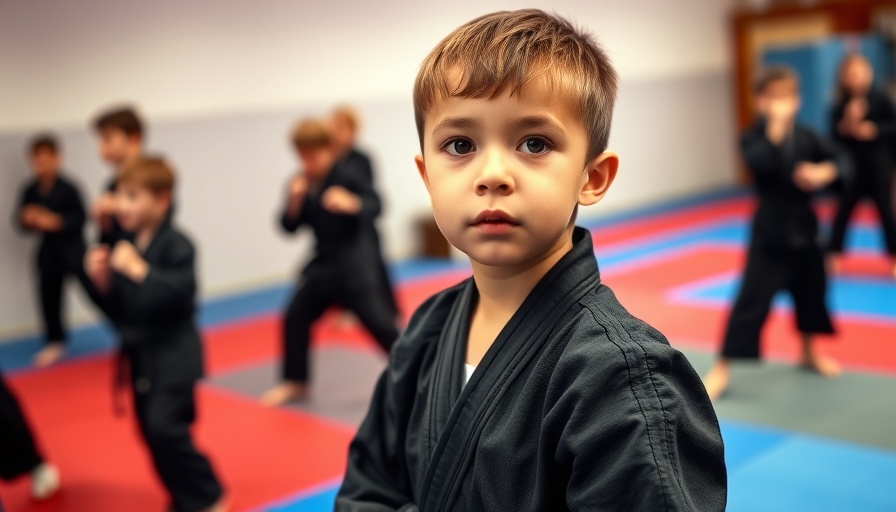
Martial Arts: A Pathway to Growth for Toddlers
Martial arts can be an incredible journey for young children, offering them much more than just physical skills. As toddlers engage in martial arts training, they develop vital social skills that will benefit them throughout life.
Building Teamwork and Cooperation
In martial arts classes, toddlers often work in pairs or small groups, promoting a sense of teamwork. This collaboration teaches them that success is not just about individual effort but about the collective spirit of working together. As they practice basic techniques, they learn to support their peers, encouraging one another and celebrating successes, no matter how small. Engaging in duels or friendly sparring sessions allows toddlers to understand the give-and-take of cooperation, laying the groundwork for future collaborative situations, whether in sports, school, or everyday life.
Respecting Peers: A Core Principle
Children learn to respect their instructors and classmates, creating an environment of mutual respect. Martial arts emphasizes addressing peers with polite terms and bowing as a sign of respect. This approach nurtures a sense of community and belonging. As toddlers observe senior students displaying respect towards others, they instinctively mirror this behavior, reinforcing positive social norms that cultivate kindness and understanding in friendships.
Enhanced Communication Skills
Verbal and non-verbal cues in martial arts training help toddlers develop better communication abilities. Whether it's calling out commands or responding to instructors, children learn how to express themselves clearly. The dynamic environment of a dojo gives constant opportunities for communication, fostering the ability to articulate feelings and ideas more effectively.
Conflict Resolution: Handling Disagreements Peacefully
Martial arts teaches children how to handle disagreements amicably, providing them with tools for conflict resolution. They learn to voice their concerns and work towards peaceful resolutions. Role-playing various scenarios on the mat gives toddlers hands-on experience in conflict management, equipping them with essential skills for social interactions.
Boosting Confidence Through Achievement
Successful completion of martial arts techniques boosts a child’s self-esteem and confidence. Each new skill mastered helps them recognize their potential, fostering a positive self-image that translates into greater comfort in social situations. The supportive atmosphere of classes encourages toddlers to step outside their comfort zones and embrace new social challenges.
Promoting Empathy and Understanding
Martial arts training can promote empathy as children learn to understand and appreciate different perspectives. As they practice with peers, they develop social awareness and recognize the importance of compassion in relationships.
Mindfulness and Emotional Control Through Martial Arts
Martial arts fosters mindfulness and emotional control, which are essential for managing feelings and impulses in a social context. Engaging in discipline training helps children cultivate emotional endurance and clarity, equipping them to handle challenging social dynamics with a measured approach.
Why Local Parents Should Consider Martial Arts
Parents in Gurnee should explore local training centers specializing in kids' martial arts programs. These nurturing environments are not only conducive to learning self-defense but also provide a network for building friendships. The structured atmosphere emphasizes respect, communication, and teamwork, offering invaluable social skills development that can benefit children throughout their lives. Local martial arts dojos also increasingly provide programs that blend mental wellness with combat disciplines, making martial arts an essential resource for families looking to enhance their children's emotional resilience and interpersonal abilities.
Empowering the Next Generation
With a variety of martial arts disciplines available, including taekwondo, karate, and judo, parents have options that best fit their child’s needs. Programs can focus on managing emotions through combat practice and teaching conflict resolution strategies, which are particularly beneficial for children struggling with social interactions. Engaging in combat arts like karate can help reduce anxiety and enhance mental clarity, making it not just a physical activity but a pathway to emotional wellness.
 Add Row
Add Row  Add
Add 




Write A Comment